"Supreme has always had 'the well-being of small animals' as its ethos and has continuously striven to produce the highest quality foods available, for the benefit of the animal and the trust of the consumer," the company states. A claim of quality is always difficult to substantiate without proof. Many new and established competitors have been making similar quality claims for their products, but Supreme felt some of these were open to question. It was for this reason that Supreme requested Campden BRI to conduct independent testing. The key highlights of those results are:
Contamination from meat sources found in competitors' products.
Some fibre levels that were substantially below legal tolerance compared with declared levels.
Terms like 'beneficial fibre' in the statutory statement, which appear to be unapproved descriptions.
Levels of sugar that could be of potential concern to veterinarians and owners, given the recent campaign on rabbit obesity.
Use of a probiotic authorised only for use within feeds for fattening, but found in pet rabbit diets.
Claim for 'complete food' when only 8 per cent fibre is declared on the pack.
Potential risk to human health as competitors' rabbit food is sold VAT-free for use as an animal feedstuff while containing meat DNA.
Results in detail
The analysis of 24 rabbit food samples demonstrated a contamination level so prevalent that traces of DNA from cattle, pigs, chickens or turkeys were found in 11 of the samples. These random samples were taken from retailers' shelves across the United Kingdom. One of the products, marketed in the UK as a "super premium" complete diet, declares 22 per cent crude fibre on the pack but measured an average of 14.9 per cent, which is outside the legal tolerance limits. This potentially misleads consumers. Another new rabbit diet gives an analysis level for something called "beneficial fibre". There is no statutory definition for this term, but the Feeding Stuffs Regulations state that crude fibre is the only declarable definition in the statutory statement. Added sugar offers no known benefits. Complementary molasses diets should declare total sugar as sucrose. The regulations permit raw materials to be 'categorised', therefore enabling some high sugar ingredients to be declared as 'derivatives of vegetable origin'. The highest average levels of sugar were found in five products and ranged from 4.04 to 5.35 per cent. Another new…

 Menü
Menü

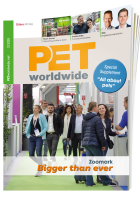





 9-10/2009
9-10/2009
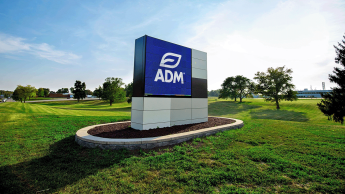

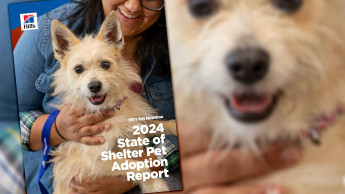
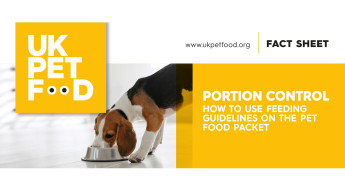

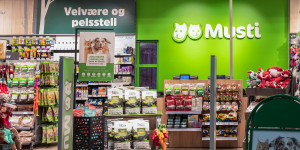



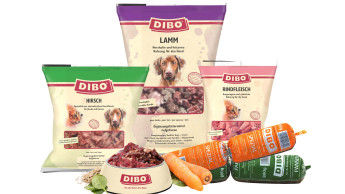


 Newsletter
Newsletter